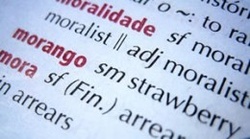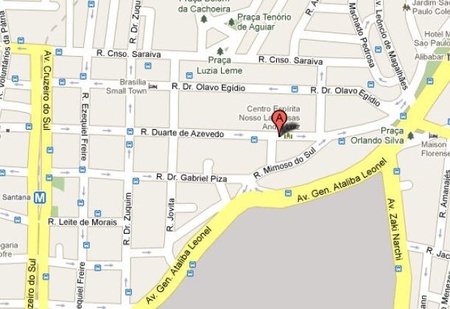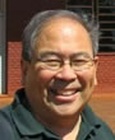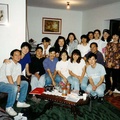Some ESL students suggest that English is a difficult language to learn. Certainly the pronunciation of words can drive even the most proficient English speaker just a little nuts. Our language is a compilation of many different sources, mostly European.
If you were studying English for the first time, would you think English pronunciation was difficult or easy?
What would you do for example when faced with the “o-u-g-h” category of words?
Given a succession of words like: “bough, through, tough, trough, though, thought and slough,” it’s enough to make your head spin. In fact, that last word “slough” can be pronounced two ways, “sluff” and “sloo.” What the heck is up with that?
Putting myself in the shoes of a language learner, I discovered much when I studied the Portuguese language. In contrast to English, Brazilian Portuguese has a general level of consistency throughout its pronunciation table. The difficulty with Portuguese, like any romance language, is with the verb. There are seventeen verb conjugations and over one thousand irregular verbs. Take the verb “to sit” as an example.
The conjugation of the simple past in English is very simple: “I sat, you sat, he, she sat, we sat, you (all) sat, they sat.” Compare that to the equivalent in Portuguese: Eu sentei-me; tu sentaste-te; ele, ela, você sentou-se; nós sentámo-nos; vos sentáreis-vos; eles, elas, vocês sentaram-se. Crazy!
My language adventure took a huge step forward at a missionary language school in São Paulo. Close to the Japanese town bairro (neighborhood) of Liberdade, it was a twenty-minute walk from my apartment across the bridge at Av 23 de Maio, down Rua Pedroso to the Presbyterian Church. I undertook a three-week intensive at this school.
The language program was designed for nine months, not three weeks. My fellow students, who were there for the complete language course, were Chinese, Korean, Swiss-German and American nationals. Except for the luxury of speaking English to the few Americans, the language used to communicate among this international student body was Portuguese.
The school had a five-track language system: vocabulary, grammar, conversation, technical (religious) vocabulary, teaching/presentation. Oh my! There was so much information packed into my brain, I was fairly well confused by the time of my departure!
During the years following, I would have many opportunities to use my three weeks of Portuguese training. I received invitations to speak to various churches and community groups throughout Brazil. On one occasion, I was invited to speak at a church closer to home in the section of São Paulo called “Norte.”
As this engagement was planned a week or so ahead of time, I indicated to the pastor that I would take the metrô to the Santana station just blocks from the church. I asked if I could call him from the station to be picked up. He agreed that this would be a good plan.
Upon my arrival at the metrô station Santana on the appointed day, I called the church and got the pastor’s wife—who spoke Japanese and just a few words of Portuguese and no English. It was a bit frustrating as I tried to indicate in Portuguese that I was waiting at the station and that they could pick me up at the “cataratas.” I had this vague but uncertain sense of the word I was supposed to use.
The wife asked, “Where?”
“Next to the cataratas,” I replied.
I heard her turn from the phone and ask someone else in the church, “He’s at the cataratas. Are there cataratas at the metrô station?”
My little Portuguese training intuitively told me to use another Portuguese phrase that might better communicate my location. “By the exit downstairs,” I said.
“Oh,” she answered, “ao lado das catracas.” “Yes!” I said, relieved, “catracas.”
It turns out that I was using the wrong word. What I was saying to her was to “pick me up at the waterfall.” The word I used was “cataratas.” The word that I needed to use was “catracas,” which means “turnstile.”
Catracas/Cataratas. See how close?
The difference was really just a couple of letters. But that difference meant that the plans to speak that morning were almost dashed as a failure of communication would have kept me from getting to my destination. Well, we got it figured out and it was the source of a good laugh. I think I worked it into the introduction of my message that morning. =)
An afterword: As I think about it now the word “catraca” is an example of an onomatopoeia, a word that sounds like what it is. If you say it a couple of times, catraca (pronounced “kah-trah-kah”) catraca, catraca, it’s actually the ratchety mechanical sound that a turnstile makes when a person walks through it.
© 2011 John Katagi








